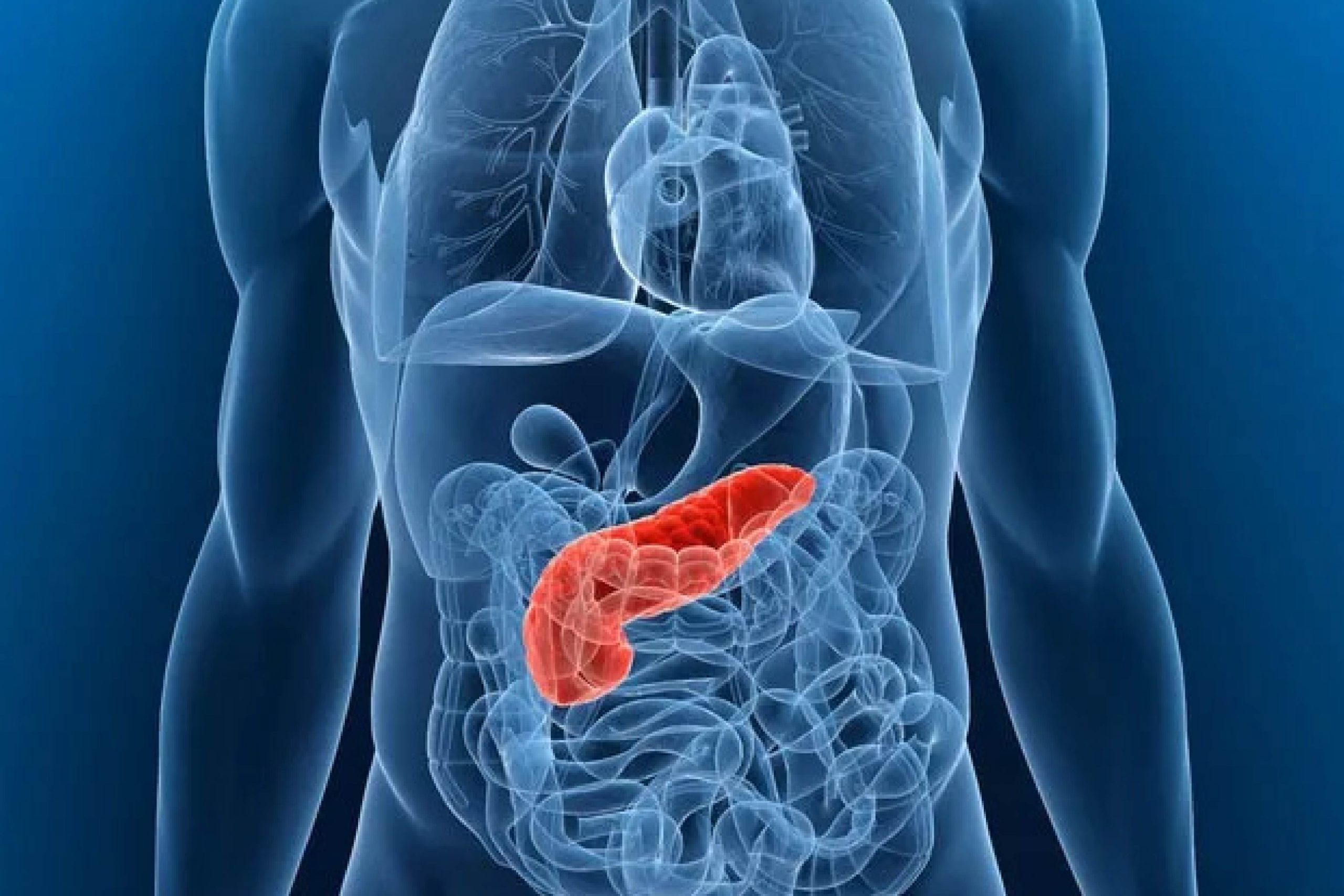Pancreatic Cancer

Overview
Pancreatic cancer is a type of cancer that starts in the pancreas, an organ located behind the stomach that produces enzymes that aid in digestion and hormones that regulate blood sugar. Pancreatic cancer is often difficult to detect in its early stages, and as a result, it is often not diagnosed until it has spread to other parts of the body.
The exact causes of pancreatic cancer are not fully understood, but certain risk factors may increase the chances of developing the disease. These include:
- Age (most cases occur in people over the age of 60)
- Smoking
- Obesity
- Chronic pancreatitis
- Family history of pancreatic cancer
- Certain inherited genetic conditions, such as BRCA2 gene mutations
The treatment of pancreatic cancer depends on several factors, including the type and stage of cancer, as well as the patient’s overall health and personal preferences. Treatment options for pancreatic cancer may include surgery, radiation therapy, chemotherapy, targeted therapy, or a combination of these approaches.
Pancreatic cancer can be a challenging disease to treat, and it often requires a team of specialists, including a medical oncologist, radiation oncologist, surgical oncologist, and gastroenterologist. The goal of treatment is to slow or stop the growth of the cancer, relieve symptoms, and improve quality of life. It is important to note that early detection and treatment of pancreatic cancer can improve the chances of successful treatment and long-term survival.
Symptoms
Abdominal pain
Jaundice
Unintentional weight loss
Loss of appetite
Fatigue
Nausea and vomiting
Treatments
The treatment of pancreatic cancer depends on several factors, including the type and stage of cancer, as well as the patient’s overall health and personal preferences. Treatment options for pancreatic cancer may include one or more of the following:
- Surgery: Surgical removal of the tumor is often the first treatment option for pancreatic cancer, especially if the cancer is localized and has not spread to other areas of the body.
- Radiation therapy: High-energy radiation is used to kill cancer cells and shrink tumors. Radiation therapy may be used alone or in combination with other treatments.
- Chemotherapy: Chemotherapy uses drugs to kill cancer cells. It is often used in combination with radiation therapy or surgery.
- Targeted therapy: Targeted therapy drugs target specific genes or proteins in cancer cells to slow or stop their growth.
- Immunotherapy: Immunotherapy drugs help the immune system to recognize and attack cancer cells.
- Palliative care: Palliative care is a type of care that focuses on improving the quality of life for people with advanced cancer. It can help manage symptoms, such as pain and nausea, and provide emotional support for both the patient and their family.
Treatment for pancreatic cancer can be challenging, and it often involves a multidisciplinary approach with a team of specialists, including a medical oncologist, radiation oncologist, surgical oncologist, and gastroenterologist. The goal of treatment is to remove the cancer while preserving as much function and quality of life as possible. It is important to note that early detection and treatment of pancreatic cancer can significantly improve the chances of successful treatment and long-term survival.
Pancreatic cancer is a type of cancer that starts in the pancreas, an organ located behind the stomach that produces enzymes.
- Abdominal pain
- Jaundice
- Unintentional weight loss
- Loss of appetite





